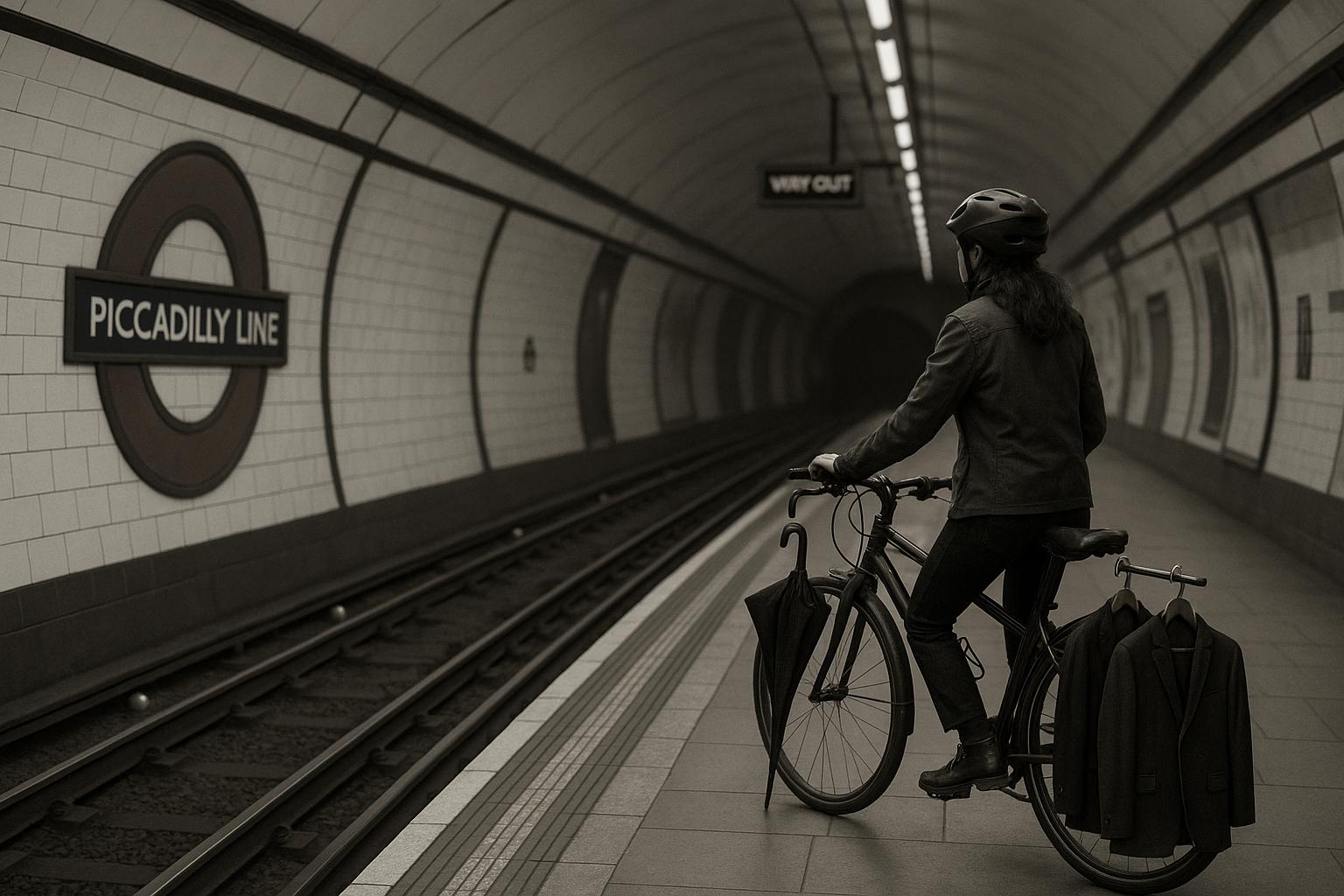Sir Sadiq Khan has proposed a 3.4 percent unconditional pay increase for London Underground drivers and other staff amid persistent tube strike disruptions that have severely impacted the capital’s transport network. The offer, scheduled to be presented to trade unions at a Transport for London (TfL) board meeting, aims to utilise the available budget to provide the maximum pay rise possible without attaching any conditions. However, the move is unlikely to prevent further industrial action, with union representatives and political opponents expressing scepticism.
The RMT union, which has organised the week-long strikes, maintains that the core issue is not pay but the length of the working week and working conditions. Staff are demanding a reduction from the standard 35-hour workweek to 32 hours, citing extreme fatigue caused by current shift patterns exacerbated by significant staffing cuts over recent years. TfL has acknowledged these concerns but has so far rejected the demand to reduce hours, insisting the pay increase is the best offer they can make within existing financial constraints. Previous pay rises proposed by TfL have been conditional on changes to working conditions and pay band restructuring, which unions have resisted.
The strikes have brought London’s Underground network to a near halt, with minimal or no train service expected for much of the week. This has forced tens of thousands of commuters to seek alternative modes of transport, including taxis, walking, cycling, and riverboats. The surge in cycling has been particularly notable, with bike-sharing companies like Lime, Forest, and TfL’s Santander Cycles reporting extraordinary spikes in usage. For example, Forest saw a 300 percent increase in rides and 20,000 app downloads during the first day of strikes alone, while Lime experienced a 74 percent jump in peak-hour trips. Businesses in affected areas such as Canary Wharf and Westminster have reported a sharp decline in footfall, by as much as 31 percent, underscoring the economic toll of the disruptions.
Cycling advocates have praised the emergence of dockless and electric bikes as a vital urban mobility solution amid the crisis, though concerns have been raised about London's strained cycling infrastructure. Experts suggest some commuters may permanently shift away from the Tube towards more flexible cycling options, which could have long-term impacts on TfL’s revenue. Meanwhile, other transport options such as buses and the Elizabeth Line have experienced increased demand but face capacity challenges.
Political reactions to the pay offer have been sharply divided. London Conservatives have criticised the proposed unconditional pay rise as handing out "freebies" without securing commitments to end strikes, arguing it provides no assurances to Londoners suffering the disruptions. Keith Prince, a Tory spokesman at City Hall, said the approach does not constitute genuine negotiation and fails to protect commuters’ interests. The RMT union has so far remained firm on their demands for improved working conditions and reduced hours, signalling that further strikes could be possible if the dispute remains unresolved.
The strike not only disrupts daily life but also poses a significant economic cost, with estimates suggesting direct losses to London’s economy could reach £230 million. The government, led by Prime Minister Keir Starmer, elected earlier this year on a promise to tackle labour unrest, has called for a swift resolution, though no breakthroughs have yet been reported.
TfL’s chief operating officer Claire Mann has urged the union to reconsider and hold a vote on the pay offer, highlighting that the current industrial action is London’s most extensive since early 2023. Services such as the Elizabeth Line and London Overground continue to operate with minor delays, but the Docklands Light Railway and certain bus routes will also face disruptions from subsequent planned strikes.
In summary, Sir Sadiq Khan’s proposed 3.4 percent 'no strings' pay rise represents a significant gesture aimed at breaking the deadlock, yet it stops short of addressing the unions’ primary concerns over working hours and conditions. As the city grapples with the ongoing strikes, reliance on alternative transport modes, particularly shared cycling, continues to grow, marking a potential shift in urban commuting patterns that may endure beyond the immediate crisis.
📌 Reference Map:
- Paragraph 1 – [1], [4]
- Paragraph 2 – [1], [3], [4]
- Paragraph 3 – [1], [2], [5], [6]
- Paragraph 4 – [6], [5]
- Paragraph 5 – [1], [4]
- Paragraph 6 – [2], [3], [7]
- Paragraph 7 – [1], [3], [4]
Source: Noah Wire Services
